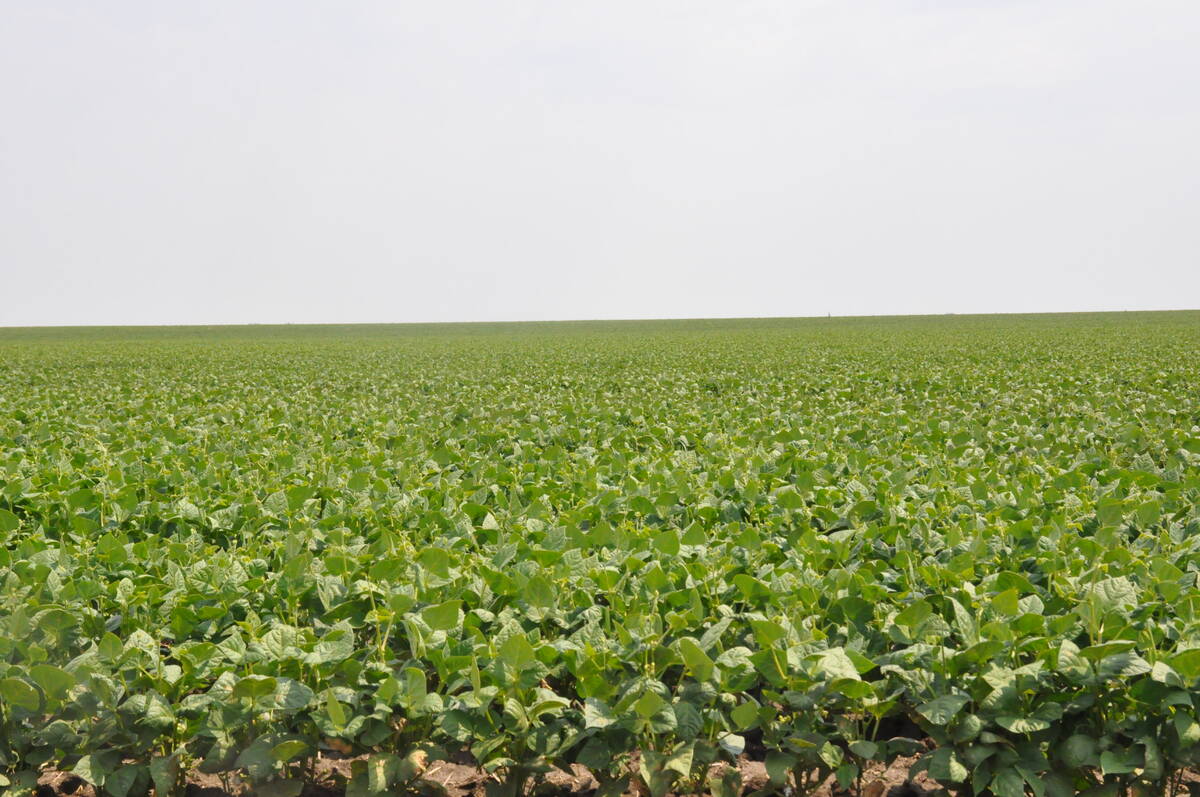The federal government is proposing a tougher system of mandatory swine traceability tracking that could cost the industry more than $3 million a year.
Proposed regulations published July 16 would require identification tags from birth or import to slaughter or export.
There is no suggested date yet for implementation. Public and industry comments can be made until Aug. 13.
A Canadian Food Inspection Agency analysis predicts the new rules, which will be under the authority of the Health of Animals Act, would cost governments a one-time $1.14 million for database creation and training and then an annual $3.18 million to the swine industry.
Read Also

Coloured bean production down, whites are up
Bean prices have been slumping and the outlook is for more of the same.
The government analysis said the payback would be enormous in the event of a disease outbreak.
“The cost mitigation that a traceability system would provide in the event of an animal disease outbreak is significant, a minimum of $6.1 billion in an outbreak year,” said the CFIA analysis.
Canadian Pork Council executive director Martin Rice said the industry generally accepts the direction of the government proposal.
In a statement, the council called it an important milestone on the path to a national swine traceability system.
“This has been years in the making and we understand the need for it and are in many ways well along in implementing it,” said Rice.
However, he also said the estimated $3.18 million annual cost for the industry should not be entirely the responsibility of hog producers. That argument will be part of the industry response to the regulatory proposal.
“We see a significant public benefit to implementing this, so the cost certainly should be shared,” he said.
“Hog producers still are in the situation of watching every penny of costs, so we will be looking to elaborate on the cost sharing side of this proposal.”
The CFIA analysis said the hog industry’s voluntary program that has been in place for several years is a good starting point.
“All pig premises have been identified and shoulder slap tattoo numbers have been allocated to all pork producers,” the analysis said.
“Tattooing and record-keeping is widely practiced, but very few swine breeders have participated to date in the purchase of tags.”
It said the tougher traceability system would benefit the industry.
“The proposed amendments would strengthen international market access for the Canadian pork industry because Canada’s trading partners value livestock traceability,” said the CFIA analysis.
“Consumers would be more confident about their food and better protected in the event of a disease outbreak among swine.”














